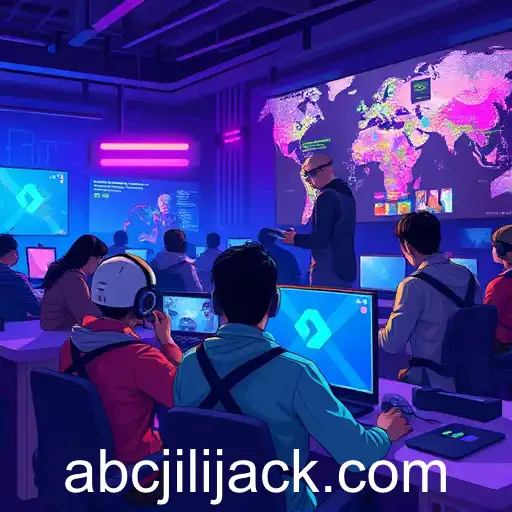
In recent years, online gaming communities have witnessed a significant evolution, with platforms like 'abcjili' leading the charge in redefining what it means to play and interact in a digital space. As of 2025, these communities are not just about gaming; they are vibrant ecosystems where culture, commerce, and social dynamics intertwine.
The platform 'abcjili' has become a pivotal spot for gamers seeking not only to play but also to contribute to a more inclusive gaming environment. This year, abcjili introduced features that allow players of diverse backgrounds to customize their gaming experiences further, promoting cultural inclusivity and accessibility. This has sparked broader discussions on how virtual spaces can mirror real-world diversity, an aspect that has gained much traction amongst game developers.
Moreover, the growing trend of integrating AI-driven tools into games has become prominent on platforms like abcjili. Developers are harnessing these technologies to create more immersive and personalized gaming experiences. Machine learning algorithms analyze player behavior, offering adaptive content that aligns with individual preferences, thus enhancing player engagement.
The economic dynamics within gaming communities have also shifted. In 2025, platforms are increasingly adopting cryptocurrency transactions, offering players a new range of economic interactions. On abcjili, players can engage in virtual economies that mimic real-world financial systems, enabling them to trade in-game assets securely and transparently.
Commentary from industry experts suggests that these technological advancements are just the beginning. With the simultaneous rise of virtual reality (VR) tools, the future landscape of online gaming promises even more profound changes in user interaction and community building.
These developments signal a pivotal change in the role of gaming platforms like abcjili from simply being virtual pastime venues to becoming crucial players in tech innovation and cultural discourse. As technology continues to evolve, the question remains: how will these dynamics continue to transform our digital lives in the years to come?


